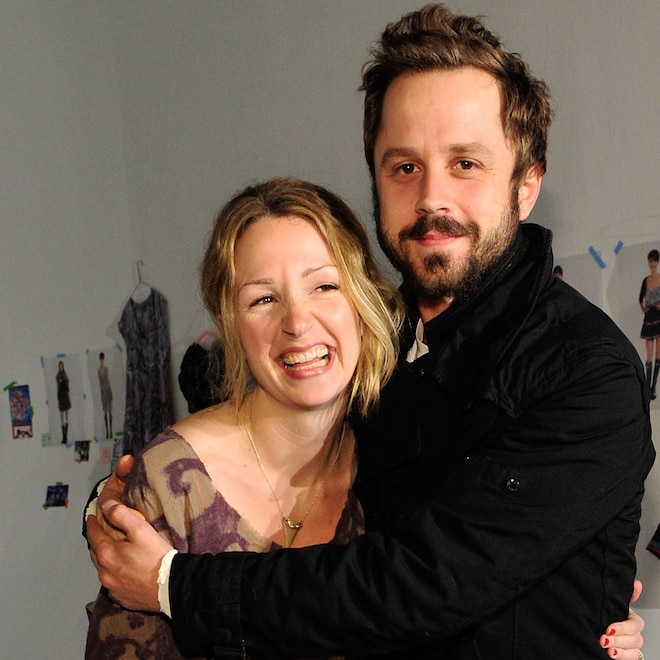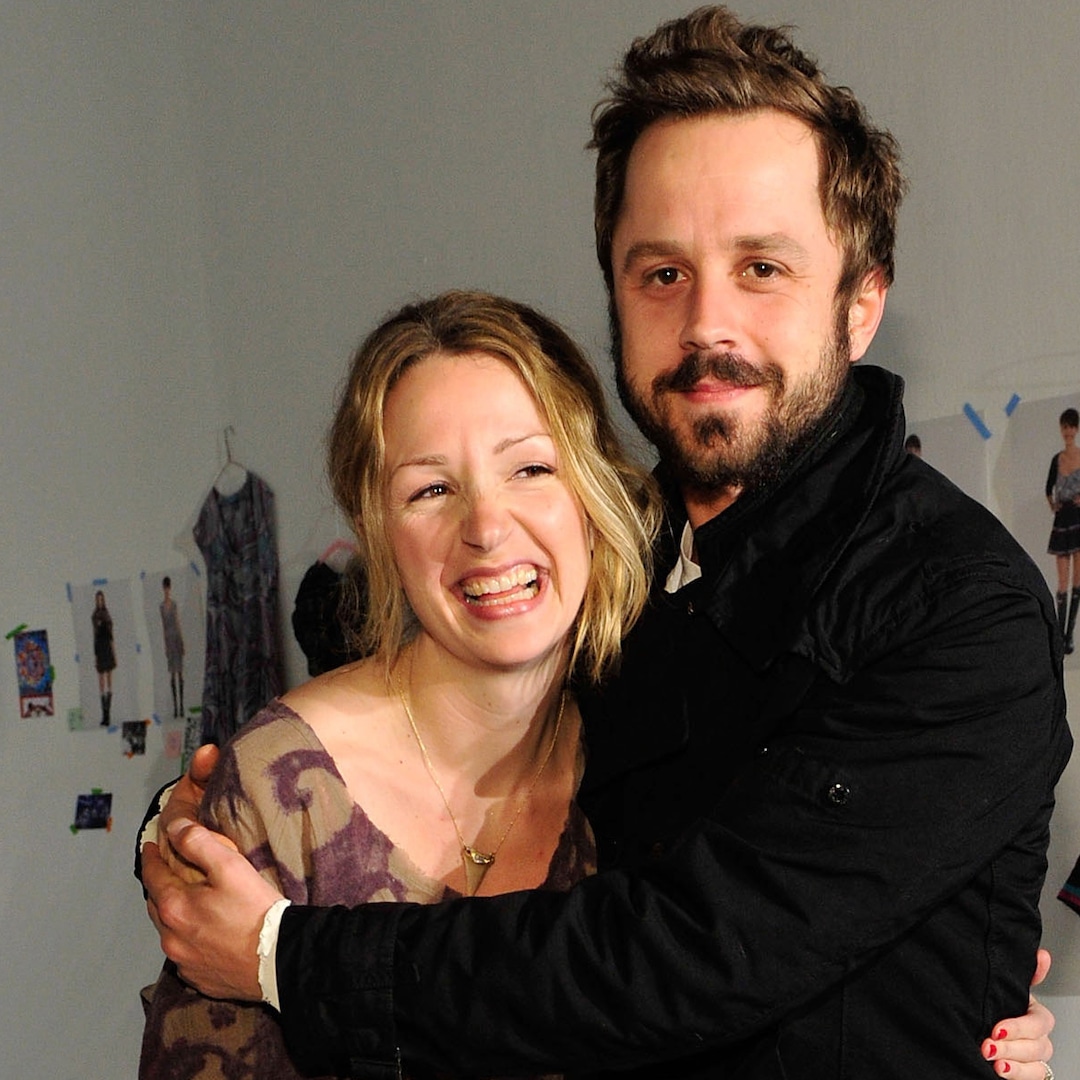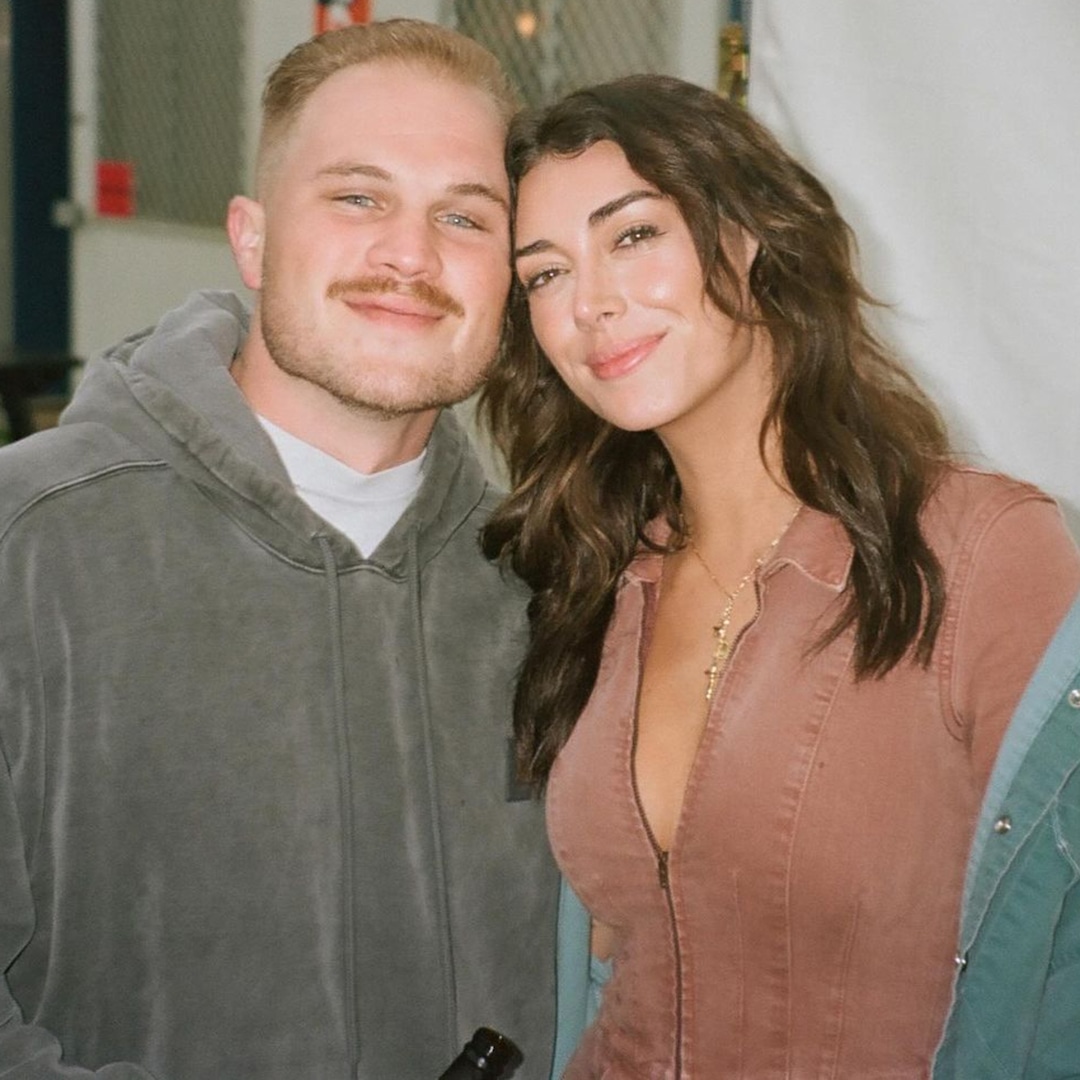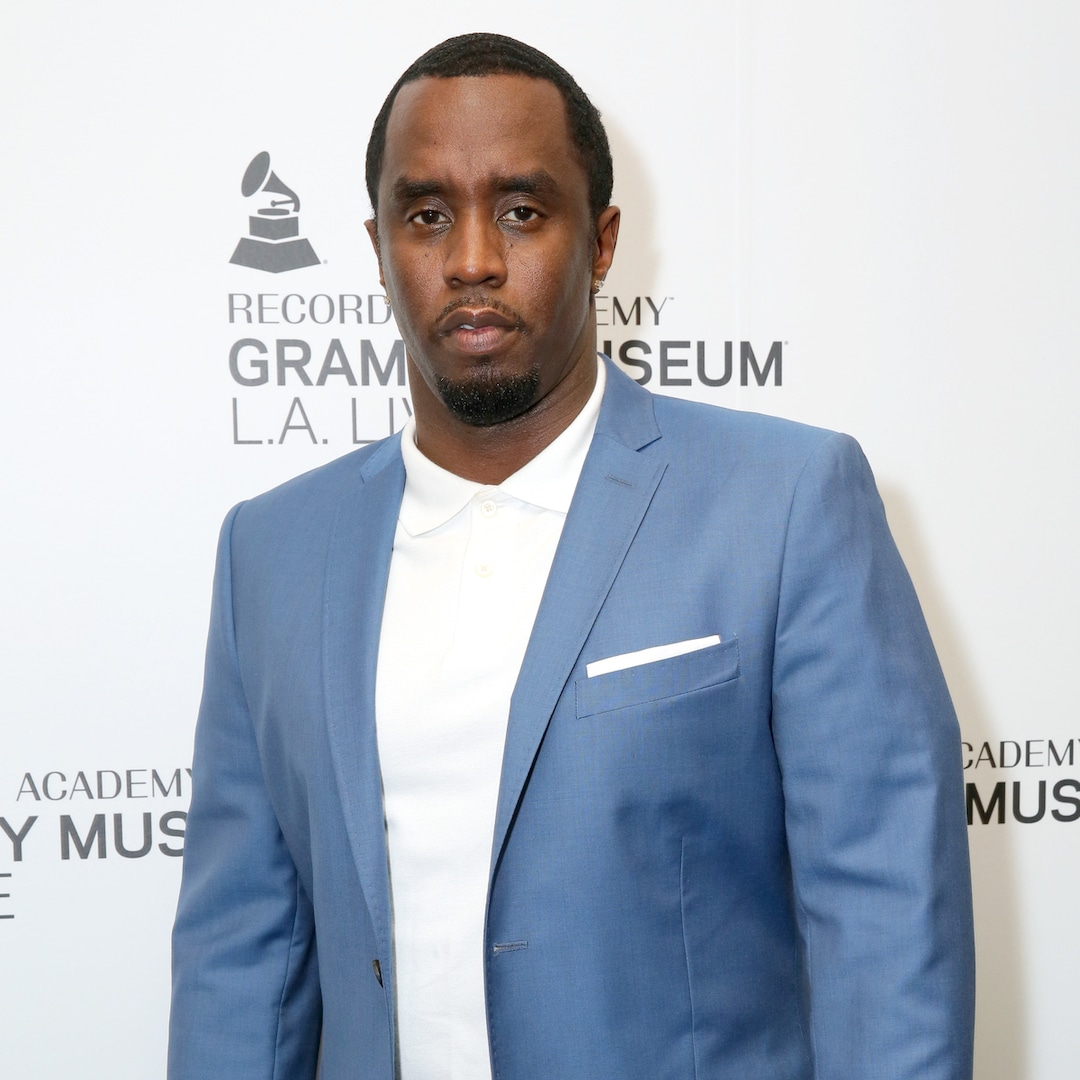
Plot twist.
Sure, there are twins like Dylan and Cole Sprouse or Tia and Tamera Mowry who started their careers with their identical (or fraternal) sibling—but what about those celebs who have a…
©2022 DopeReporters. All Right Reserved. Designed and Developed by multiplatforms
























